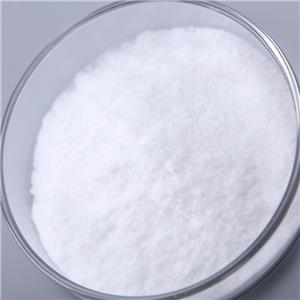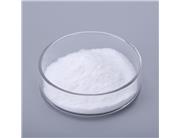Description:
Sitagliptin phosphate is an oral medication used in the management of type 2 diabetes mellitus. It belongs to a class of drugs known as dipeptidyl peptidase-4 (DPP-4) inhibitors, which help to regulate blood sugar levels.
Key Information and Uses:
Indication:
Type 2 Diabetes Mellitus: Sitagliptin phosphate is indicated for the treatment of adults with type 2 diabetes. It is typically used in conjunction with diet and exercise to improve glycemic control.
Mechanism of Action:
Sitagliptin works by inhibiting the DPP-4 enzyme, which is responsible for breaking down incretin hormones. Incretins are hormones that help stimulate insulin secretion in response to meals and reduce the amount of glucose produced by the liver. By prolonging the action of incretin hormones, Sitagliptin helps to lower blood sugar levels after eating.
Administration:
Sitagliptin phosphate is taken orally, usually once daily, with or without food. The dosage may vary based on individual patient needs and should be determined by a healthcare provider.
Side Effects:
Common side effects may include headache, upper respiratory tract infections, and gastrointestinal issues such as nausea or diarrhea. In rare cases, it may cause serious side effects like pancreatitis or allergic reactions.
Clinical Trials:
Sitagliptin has been studied in various clinical trials, demonstrating its efficacy in lowering hemoglobin A1c (HbA1c) levels and improving overall glycemic control in patients with type 2 diabetes.
Approval:
Sitagliptin phosphate was approved by the U.S. Food and Drug Administration (FDA) for the treatment of type 2 diabetes and has been widely used since its introduction.





 China
China

